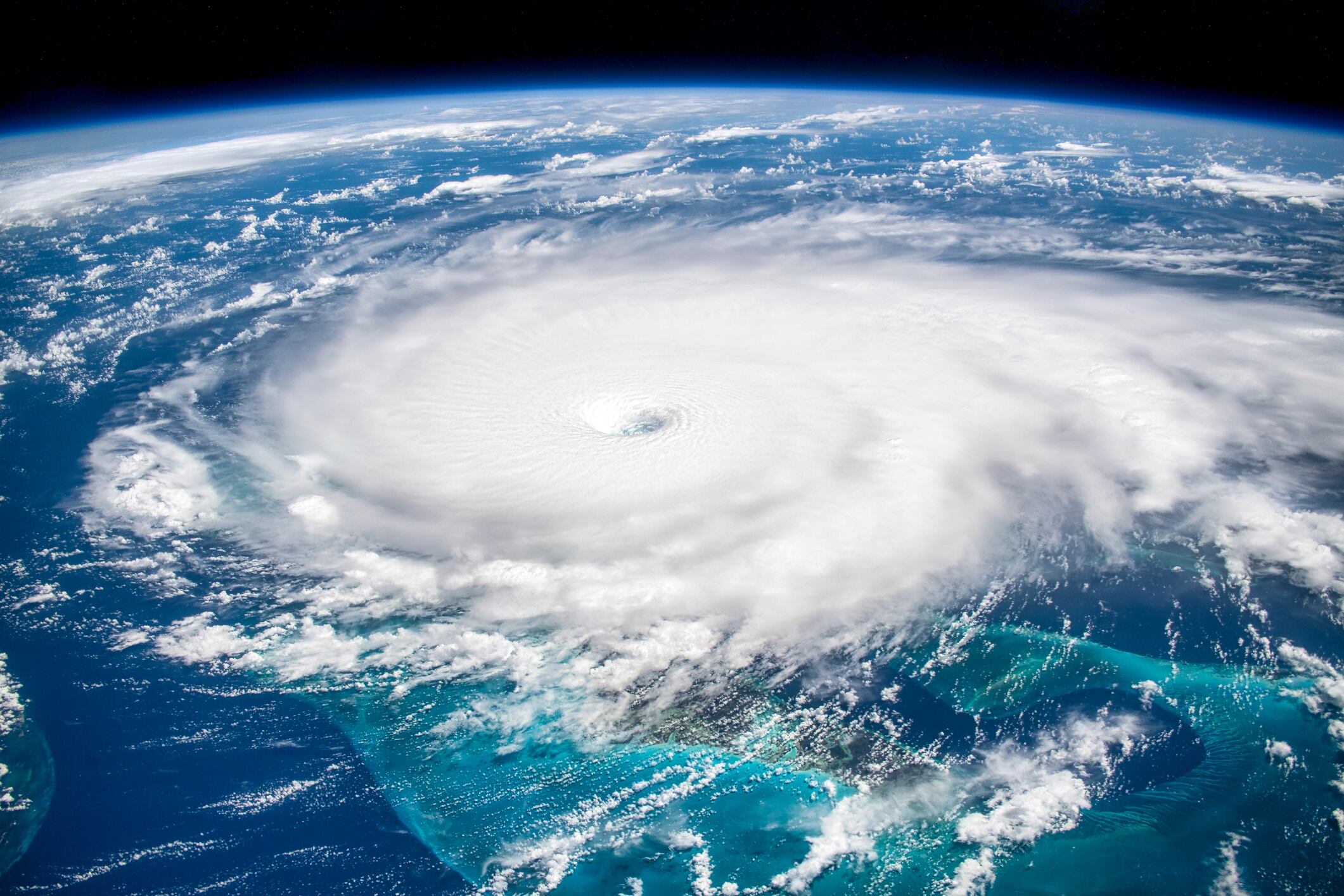Ted Kaczynski, known as the “Unabomber,” who carried out a 17-year bombing campaign that killed three people and injured 23 others, died by suicide, four people familiar with the matter told The Associated Press.
Kaczynski, who was 81 and suffering from late-stage cancer, was found unresponsive in his cell at the Federal Medical Center in Butner, North Carolina, around 12:30 a.m. on Saturday. Emergency responders performed CPR and revived him before he was transported to a hospital, where he was pronounced dead later Saturday morning, the people told the AP. They were not authorized to publicly discuss Kaczynski’s death and spoke to the AP on condition of anonymity.
Kaczynski’s death comes as the federal Bureau of Prisons has faced increased scrutiny in the last several years following the death of wealthy financier Jeffrey Epstein, who also died by suicide in a federal jail in 2019.
Kaczynski had been held in the federal Supermax prison in Florence, Colorado, since May 1998, when he was sentenced to four life sentences plus 30 years for a campaign of terror that set universities nationwide on edge. He admitted committing 16 bombings from 1978 and 1995, permanently maiming several of his victims.
In 2021, he was transferred to the federal medical center in North Carolina, a facility that treats prisoners suffering from serious health problems. Bernie Madoff, the infamous mastermind of the largest-ever Ponzi scheme, died at the facility of natural causes the same year.
A Harvard-educated mathematician, Kaczynski lived as a recluse in a dingy cabin in rural Montana, where he carried out a solitary bombing spree that changed the way Americans mailed packages and boarded airplanes.
His targets included academics and airlines, the owner of a computer rental store, an advertising executive and a timber industry lobbyist. In 1993, a California geneticist and a Yale University computer expert were maimed by bombs within the span of two days.
Two years later, he used the threat of continued violence to convince The New York Times and The Washington Post to publish his manifesto, a 35,000 word screed against modern life and technology, as well as damages to the environment.
The tone of the treatise was recognized by his brother, David, and David’s wife, Linda Patrik, who tipped off the FBI, which had been searching for the Unabomber for years in the nation’s longest, costliest manhunt.
Authorities in April 1996 found him in a small plywood and tarpaper cabin outside Lincoln, Montana, that was filled with journals, a coded diary, explosive ingredients and two completed bombs.
While awaiting trial, in 1998, Kaczynski attempted to hang himself with a pair of underwear. Though he was diagnosed by a psychiatrist as a paranoid schizophrenic, he was adamant that he wasn’t mentally ill. He eventually pleaded guilty rather than allow his attorneys to present an insanity defense.
Growing up in Chicago, Kaczynski skipped two grades before attending Harvard at age 16, where he published papers in prestigious mathematics journals.
His explosives were carefully tested and came in meticulously handcrafted wooden boxes sanded to remove possible fingerprints. Later bombs bore the signature “FC” for “Freedom Club.”
The FBI called him the “Unabomber” because his early targets seemed to be universities and airlines. An altitude-triggered bomb he mailed in 1979 went off as planned aboard an American Airlines flight; a dozen people aboard suffered from smoke inhalation.
During his decades in prison, Kaczynski maintained regular correspondence with the outside world, becoming an object of fascination – and even reverence – among those opposed to modern civilization.
“He’s turned into an iconic figure for both the far-right and far-left,” said Daryl Johnson, a domestic terrorism expert at the New Lines Institute, a nonprofit think tank. “He definitely stands out from the rest of the pack as far as his level of education, the meticulous nature in which he went about designing his bombs.”
___
This story corrects the last name of the expert in final paragraph to Johnson.












